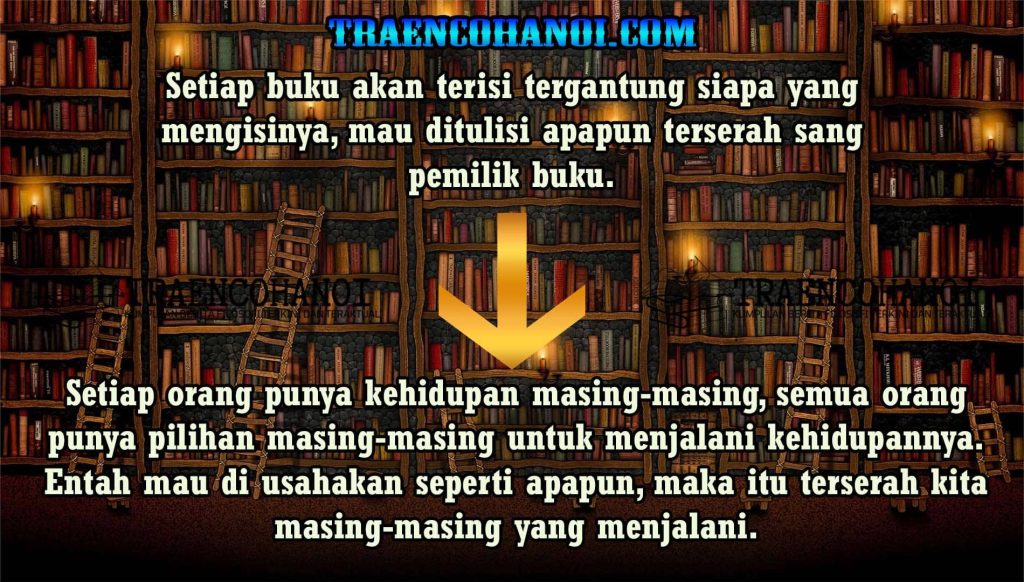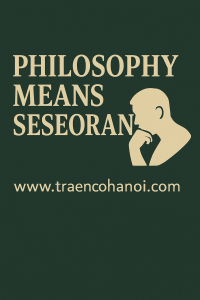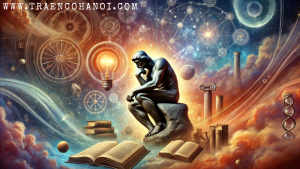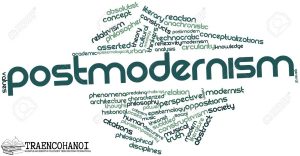
From the papyrus scrolls of ancient Egypt to the digital e-books of today, books have been an indelible part of human civilization. But beyond their tangible presence, what deeper meanings do they hold? What philosophy can we glean from the very existence of books? Let’s embark on a literary journey to uncover the hidden layers behind the seemingly mundane pages of books.
Books as Mirrors of the Soul
Every book, whether fiction or non-fiction, reflects the intricacies of human thought and emotion. When we read, we don’t just see the words on a page; we see the manifestation of someone’s soul, their fears, hopes, dreams, and philosophies. Thus, books serve as mirrors, reflecting not just the author’s soul, but our own as well.
The Timelessness of Knowledge
Books are witnesses to the continuum of human knowledge. A book written centuries ago can still be relevant today JP711, proving that some wisdom is timeless. Philosophers like Plato or Sun Tzu penned their thoughts millennia ago, yet their works remain poignant in the modern era. This timeless nature reminds us that while societies evolve, certain truths remain constant.
The Democratization of Ideas
Books have played a pivotal role in the democratization of knowledge. Before the invention of the printing press, knowledge was often the privilege of the elite. Books have broken down these barriers, ensuring that wisdom and information are accessible to all. This democratizing force underpins the philosophy that knowledge should be a shared treasure, not a hoarded commodity.
Books as Catalysts for Change
Throughout history, books have spurred revolutions, both of thought and action. Works like Mary Wollstonecraft’s “A Vindication of the Rights of Woman” or Harriet Beecher Stowe’s “Uncle Tom’s Cabin” have ignited societal changes by challenging prevailing norms. Their power lies in their ability to make readers question, reflect, and eventually act.
The Sanctuary of Imagination
In a world driven by logic and reason, books offer a sanctuary to our imaginations. They transport us to realms where dragons soar and where heroes triumph against all odds. This imaginative escape is not just a form of entertainment but a testament to the limitless capabilities of the human mind.
The Eternal Quest for Understanding
The very existence of books, from philosophical treatises to scientific journals, underscores humanity’s insatiable thirst for understanding. We pen our discoveries, theories, and musings in hopes that we, as a collective, inch closer to the truth, whatever that may be.
Conclusion:
They are repositories of human experience, wisdom, and philosophy. They challenge us, comfort us, and most importantly, remind us of our shared humanity. In understanding the philosophy of books, we come one step closer to understanding ourselves.







